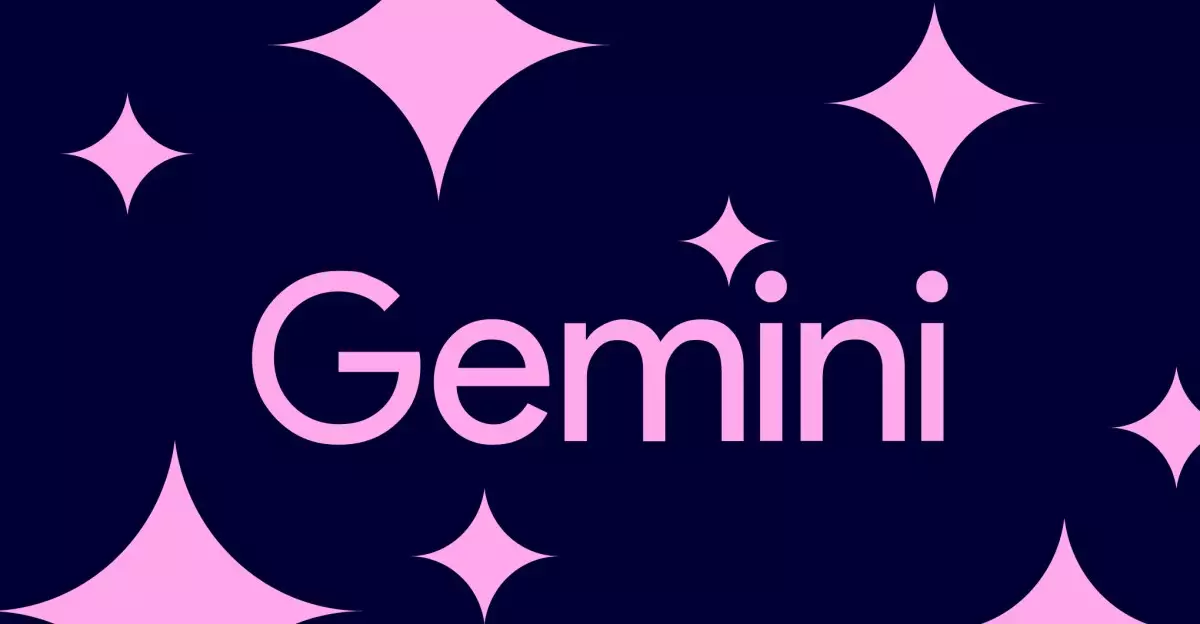In a rapidly evolving technological landscape, innovations aimed at younger audiences are becoming commonplace. One such breakthrough is Google’s upcoming rollout of its Gemini apps to children under the age of 13 who are part of managed family accounts. This initiative opens the door for young users to engage with artificial intelligence in meaningful ways, such as assisting with homework or immersing them in captivating storytelling. However, this significant step into the digital realm is not without its challenges, particularly when considering the nuances of child interaction with technology.
The Role of Parental Guidance
Google’s push to integrate Gemini into the lives of children underscores the importance of parental involvement when it comes to introducing tech to their offspring. Notifications sent by Google to parents via Family Link emphasize the need for oversight, echoing the sentiment that while AI can be a remarkably resourceful tool, it also carries risks. Children may stumble upon content that is not suitable, and through this acknowledgment, Google is encouraging guardians to preemptively engage their children in discussions about the nature of AI. This dialogue is crucial in helping youngsters distinguish between the digital and the real world, a skill increasingly necessary in today’s society.
Understanding Limitations and Risks
Despite the educational promise that Gemini represents, the platform is not without limitations. Reports surface that AI systems, even those operated by reputable companies, can produce erroneous or misleading information. Instances have arisen where AI suggested absurd combinations, like glue as a pizza topping, which might seem harmless but encapsulates a broader concern regarding the unpredictability of AI outputs. Additionally, the darker possibility that AI might inadvertently expose young users to inappropriate content is a substantial risk that cannot be ignored.
Moreover, the interaction of children with AI is a double-edged sword. While Google assures parents that the data from children’s interactions will not be used for training purposes, the implications of children believing they are conversing with a human have raised alarms. Similar concerns arose with other AI platforms, where users found it challenging to separate chatbot interaction from genuine human communication, leading to emotional and psychological ramifications.
Creating a Balanced Digital Experience
To strike a balance between the advantages of AI technology and its inherent risks, parents must take a proactive role in educating their children. Google recommends that guardians discuss the nature of AI with their kids, establishing ground rules that promote safe usage. Teaching kids about the importance of not disclosing personal information and approaching the AI with a critical mindset is essential. This guidance will not only safeguard children against potential pitfalls but also equip them with the analytical skills necessary to navigate future technological landscapes.
As Google pioneers this initiative with the Gemini apps, the focus on parental control and education reflects a comprehensive effort to integrate technology responsibly into the lives of young users. The success of such innovations hinges not only on the robustness of the AI systems themselves but also on the diligence of parents in guiding their children through the multifaceted digital age that lies ahead.


Leave a Reply